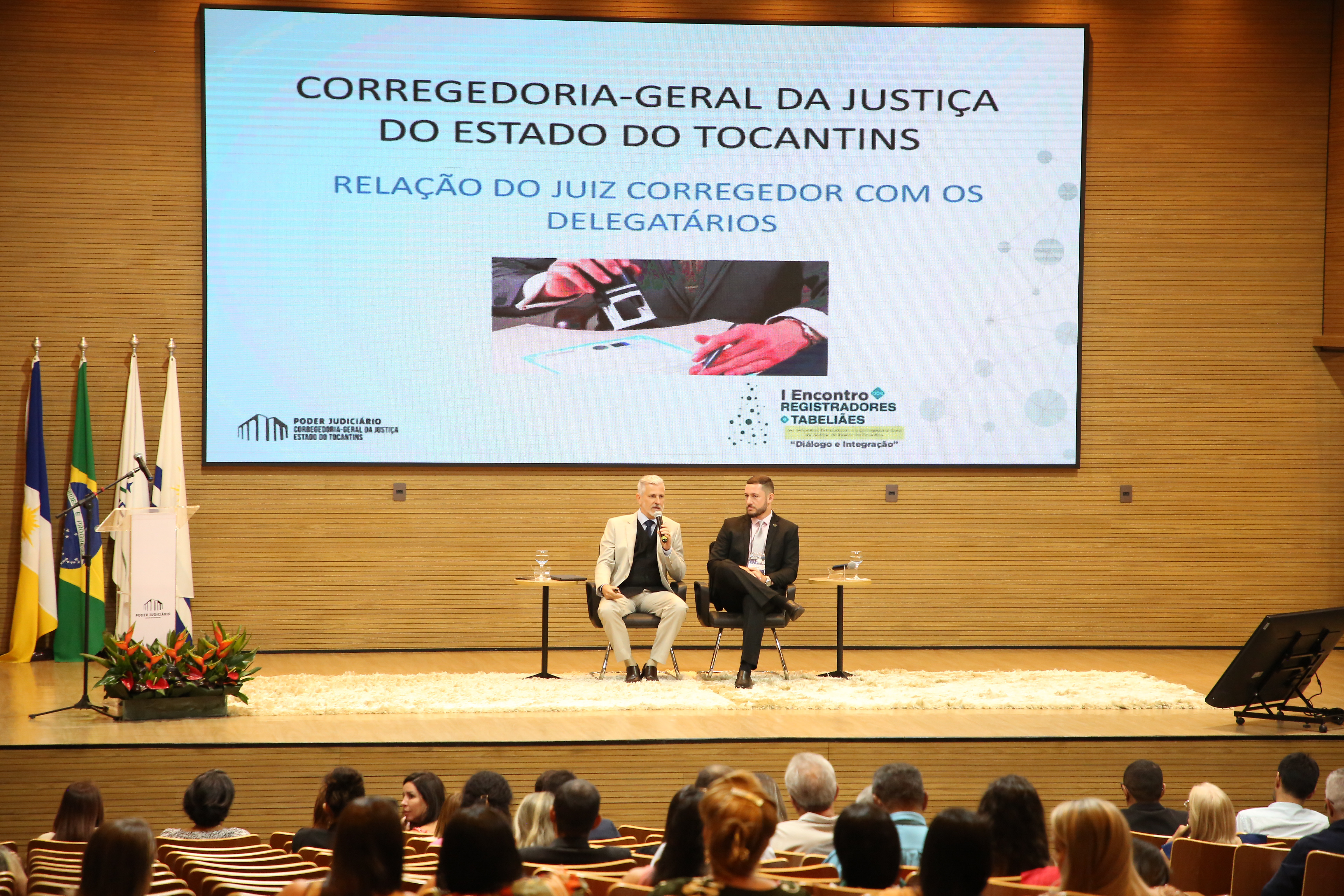
Dialogue and Integration. This is the theme of the First State Meeting of Registrars, Notaries Public of Extrajudicial Services and the General Internal Affairs of Justice of the State of Tocantins (CGJUS). The event began on Wednesday (August 14th) and continues throughout Thursday (August 15th), in the auditorium of the Court of Justice of the State of Tocantins.
Throughout the day, seven topics will be discussed with the participants. In the morning, the following topics were discussed: the relationship between the Chief Justice and the Delegates, the Notary Public Office: current aspects and Extrajudicial Compulsory Adjudication.
The first lecture was given by Esmar Custódio Vêncio Filho, the assistant Judge supervising notary and registration services at the CGJUS. The central theme of his presentation was the relationship between the General Internal Affairs Department and the delegates, who are responsible for notary and registration services. The CGJUS is responsible for supervising and overseeing the notary and registration services provided to society.
The magistrate emphasized that the institutional relationship between the General Internal Affairs Department and the delegates involves open and constructive dialogue, in order to promote broad and continuous collaboration. According to the Judge, although the basis for the actions of the Office is established by legislation, the practice goes beyond simply applying the rules, reflecting a commitment to constantly improving the services provided by notaries and registrars.
“We are committed to the creation of a working environment that favors excellence and efficiency, always seeking to improve the quality of services and ensure that the needs of the delegates are met in a fair and equitable manner,” he said.
Also during the lecture, the magistrate spoke about the work of the Judge, highlighting his role in the constant monitoring and evaluation of notary and registration services. “This presence is essential to ensure that the practices adopted comply with the laws and regulations, as well as promoting the adaptation and advancement of extrajudicial practices.”
Notaries
 Addressing the topic of Notary Publics: current aspects, speaker Ana Paula Frontini, 22nd notary public of the city of São Paulo and vice-President of the Brazilian Notary Academy (ANB), spoke about the challenges faced by notary publics, focusing on best practices and innovations in the sector.
Addressing the topic of Notary Publics: current aspects, speaker Ana Paula Frontini, 22nd notary public of the city of São Paulo and vice-President of the Brazilian Notary Academy (ANB), spoke about the challenges faced by notary publics, focusing on best practices and innovations in the sector.
During her presentation, she pointed out that there are 13,573 notary offices in operation in Brazil, employing 80,361 staff, at no cost to the State. Frontini also pointed out that registry offices have facilitated and optimized time for both citizens and the Judiciary, generating savings of almost R$8.7 billion for public coffers.
Ana Paula also pointed out the new notary attributions in the context of guarantees, such as the precatory and judicial receivables center, certification of conditions, mediation, conciliation and arbitration, adjunction in the precatory and the notary Escrow Account - which will be launched on August 22nd in the State of São Paulo and, for the first time in Brazil, is established in law. “The importance of being established in law is that it segregates assets. So, that money that is deposited with the notary in an account linked to a financial institution, even if there is a seizure, even if there is an unavailability, does not affect that segregated asset, which is protected and linked exclusively to that particular legal transaction,” she said.
Compulsory assistance
 The lecture given by the coordinator of notary and registration services at CGJUS, Wagner José dos Santos, presented the Provision 150/2023, published by the National Council of Justice (CNJ), which regulates the procedure for extrajudicial compulsory adjudication. This measure allows real estate to be transferred directly through registry offices, without the need to resort to the courts, in cases where the seller fails to fulfill contractual obligations.
The lecture given by the coordinator of notary and registration services at CGJUS, Wagner José dos Santos, presented the Provision 150/2023, published by the National Council of Justice (CNJ), which regulates the procedure for extrajudicial compulsory adjudication. This measure allows real estate to be transferred directly through registry offices, without the need to resort to the courts, in cases where the seller fails to fulfill contractual obligations.
The speaker pointed out that the new rule meets the specific demands of the real estate market, covering, for example, promises of sale or exchange, and situations where the seller has died, is absent, or has been declared incapable. In addition, the Provision allows a lawyer or public defender to accompany the process, ensuring legal certainty for the parties involved.
“With the publication of this Provision, we are making significant progress in the de-judicialization of land regularization processes. Extrajudicial compulsory adjudication allows citizens to resolve real estate disputes more quickly and less expensively, directly at the registry office,” said Wagner José dos Santos, adding that ”the economy and agility provided by the new procedure encourage the fight against land irregularities, benefiting heirs and successors who often discover that property registrations are still in the name of third parties or companies.”
Present Father
 Judge Odete Almeida, coordinator of the Citizenship Coordination Office (Cocid) of the General Internal Affairs of Justice Department, presented the Present Father Project during the meeting. Emphasizing the social responsibility of the Judiciary in promoting citizenship, she pointed out that the project is an administrative process, not a judicial one, which facilitates the voluntary recognition of paternity directly in the registry offices of natural persons and in the courts.
Judge Odete Almeida, coordinator of the Citizenship Coordination Office (Cocid) of the General Internal Affairs of Justice Department, presented the Present Father Project during the meeting. Emphasizing the social responsibility of the Judiciary in promoting citizenship, she pointed out that the project is an administrative process, not a judicial one, which facilitates the voluntary recognition of paternity directly in the registry offices of natural persons and in the courts.
“The simple fact that a child, young person or even an adult has the name of their on their birth certificate has an impact on all levels of the life of that person, whether social, financial, legal or emotional,” she said.
The Judge also mentioned that in the State of Tocantins, between 2016 and 2024, 11,510 cases of absent fathers were registered, which represents 5.87% of births in the State, a figure slightly above the national average, which is 5.56%. “The idea is to call on the court directors and delegates to improve these figures by promoting actions that can reduce the inequality in the registration of children,” she said. “If the Present Father Project is a drop in the ocean, we know that the sea cannot form without billions of drops in unity. It is with this unity that we ask for the effort of everyone to be an ocean in the lives of these people,” she concluded.




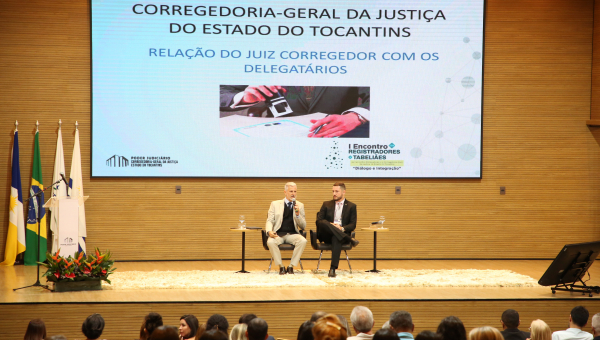
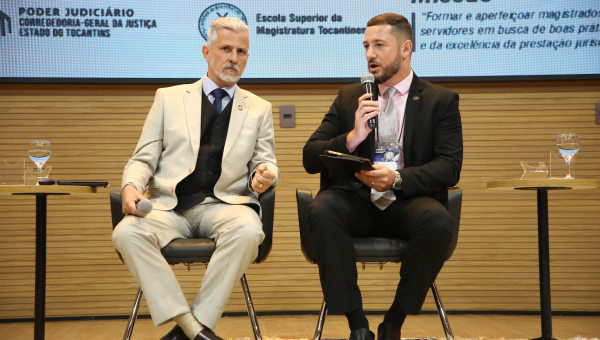
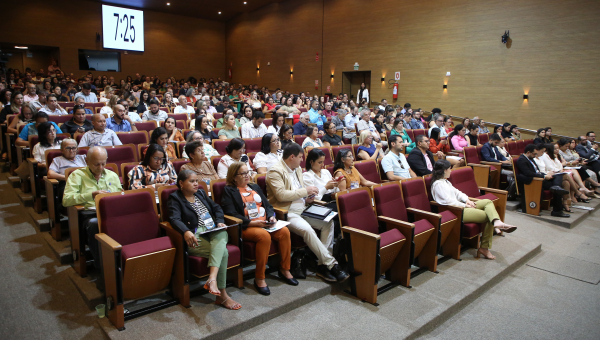
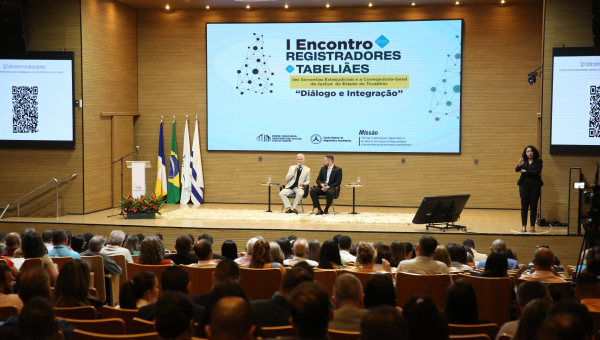
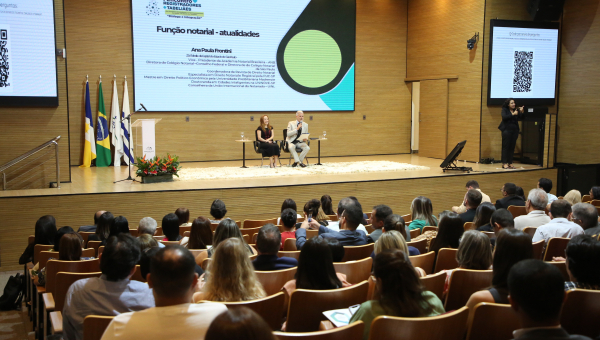
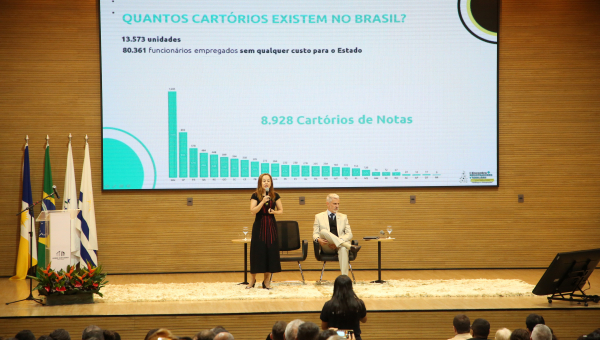
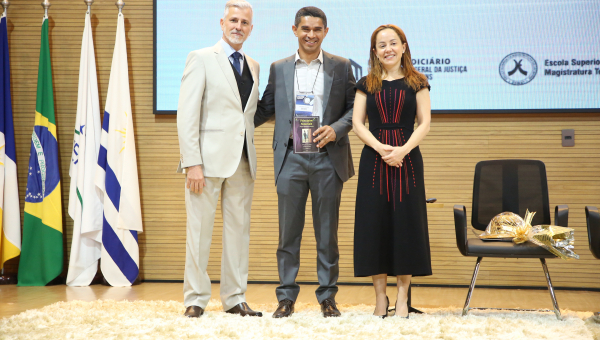
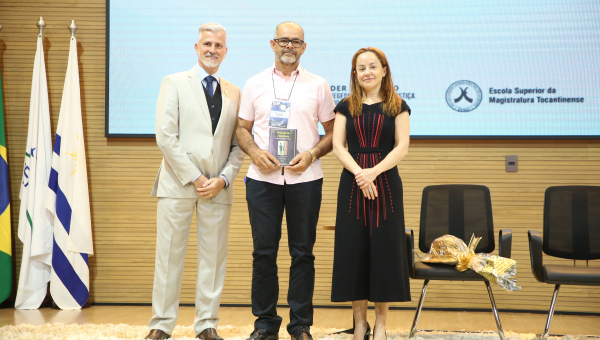

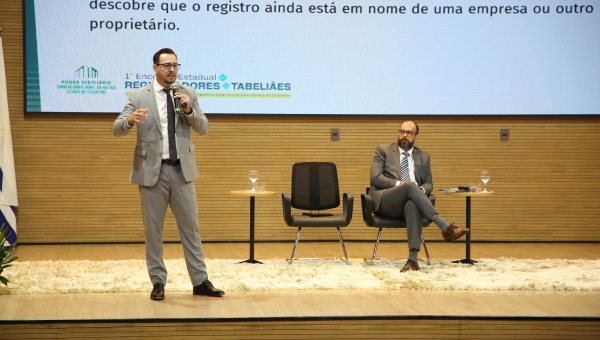
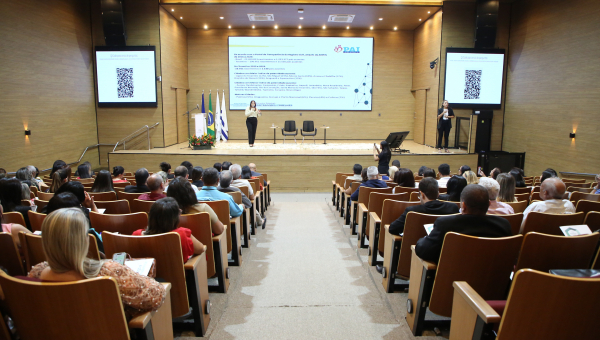
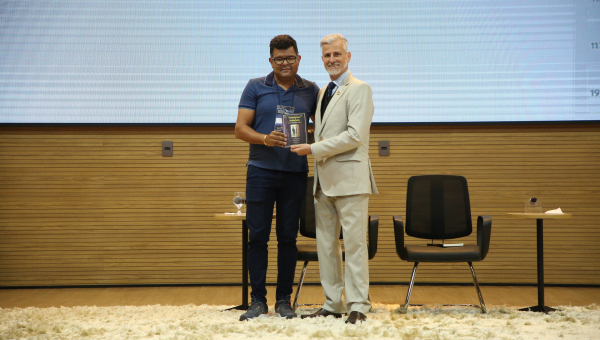
_thumbnail_thumbnail.jpg)
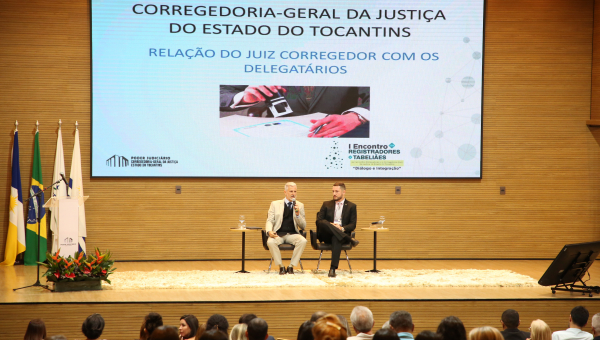
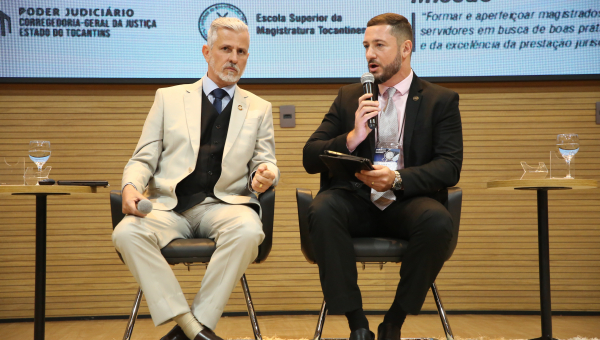
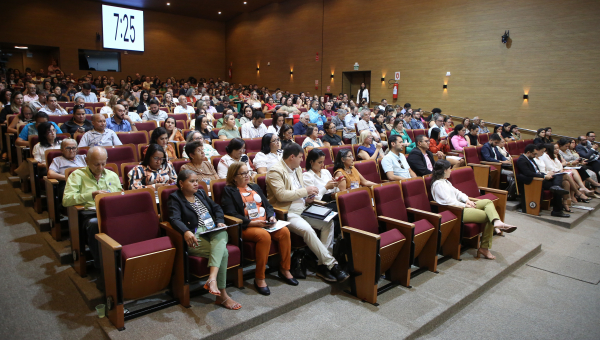
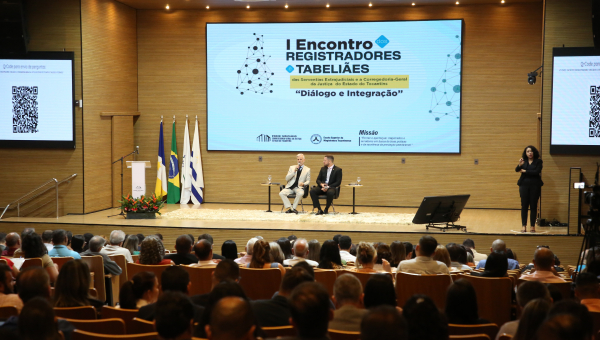
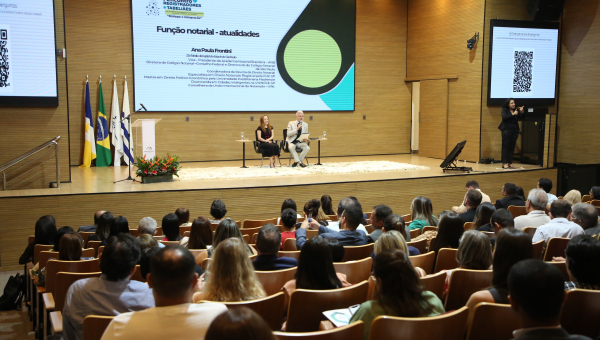
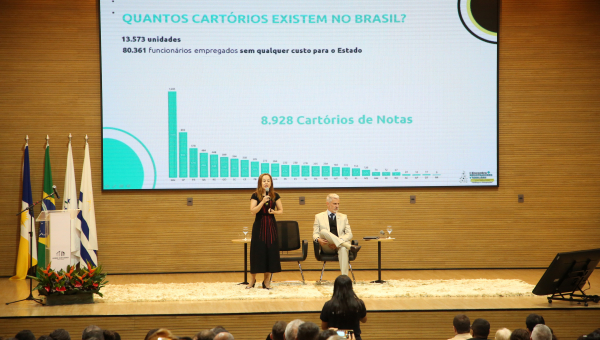
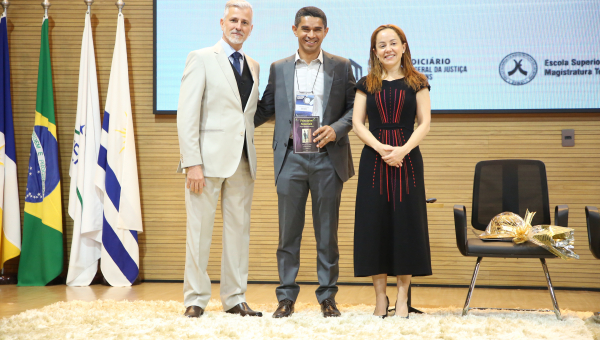
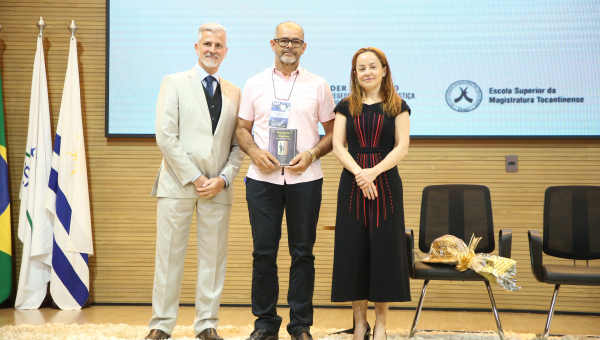
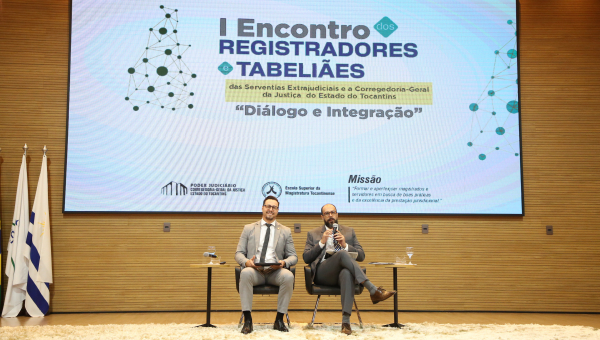
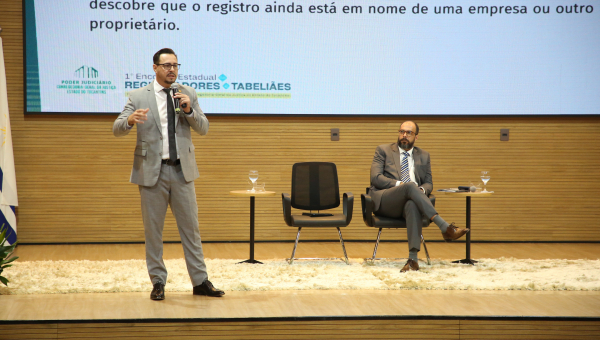
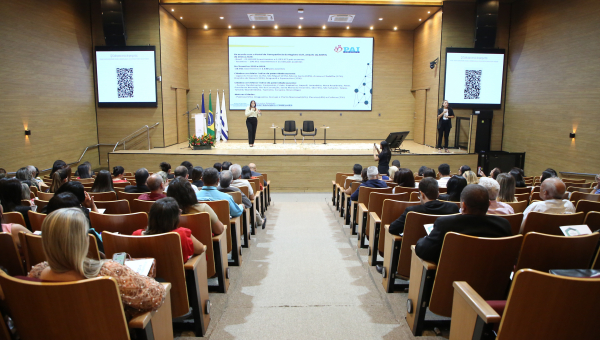

_thumbnail.jpg)
